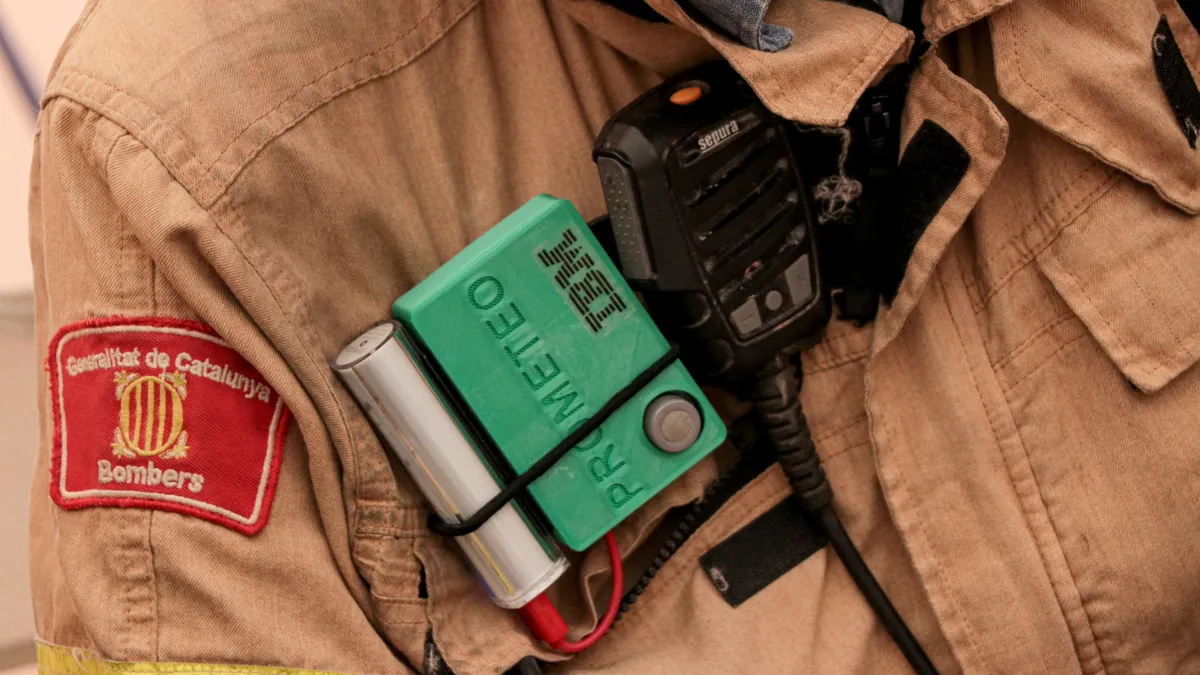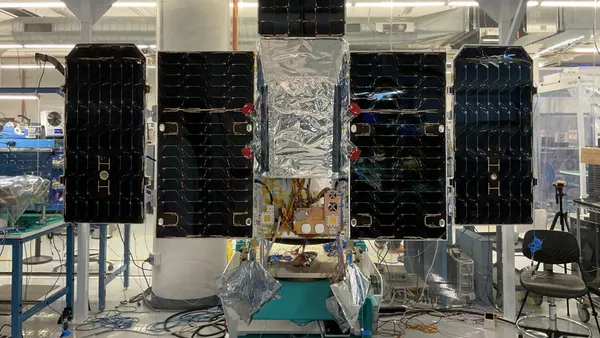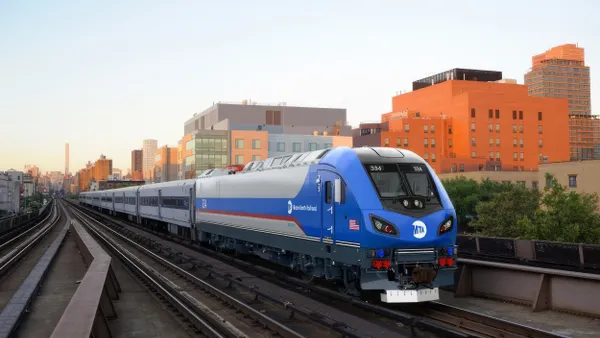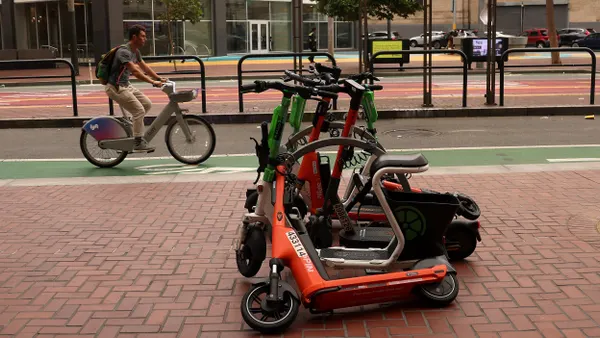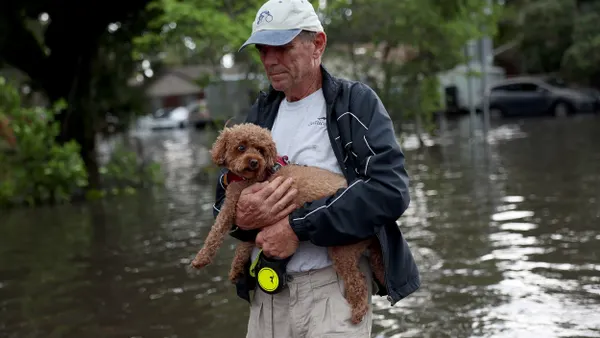UPDATE: May 5, 2020: IBM unveiled for the first time the top solutions on the COVID-19 track of its 2020 Call for Code Global Challenge. Due to the urgency of the pandemic, IBM will begin to engage with these developers and teams later this month to address potentially putting these solutions into action.
The solutions IBM highlighted include:
- Are you Well?: This mobile app, designed by a team at Altran in India, would act as a "comprehensive medical assistance system" that uses a global dashboard to help users evaluate health symptoms and assess levels of risk. The app would also be able to connect users and their data to health care professionals.
- COVIDImpact: Designed by a team based at the University of British Columbia, this solution aims to mitigate the financial burdens small businesses are facing amid COVID-19. The solution would offer a predictive assessment tool that could forecast financial risk levels; a curated list of federal resources; and an economic impact heat map.
- Safe Queue: This app, designed by a single developer in Los Angeles, would replace physical lines at locations like grocery stores or polling places with virtual lines, to reduce the risk of individuals transmitting infections when making essential trips.
These solutions offer a glance at the initial innovations Call for Code has received since it officially opened submissions on March 20 (the same day the challenge was expanded to include COVID-19 solutions). Call for Code is also regularly reviewing submissions on the challenge's climate track, CTO Daniel Krook told Smart Cities Dive, yet details on those submissions are not yet available.
Developers are invited to continue submitting solutions to both Call for Code tracks through July 31, after which IBM will recognize top solutions and announce one grand winner.
Dive Brief:
-
IBM announced its third Call for Code Global Challenge, which will call on software developers to "halt and reverse" the effects of climate change with open source-powered technology. The announcement coincides with the 75th anniversary of the United Nations (UN), which is demanding a "global reality check" on the state of the climate.
-
Seventy-seven percent of first responders and developers agree that climate change is "the most pressing issue" of their generation, according to a global survey by IBM. And 75% of those surveyed agreed that the open source community can help scale climate solutions to communities in need.
-
IBM announced the 2020 challenge in partnership with the United Nations Human Rights and the Linux Foundation. The challenge will be open for submissions on March 20.
Dive Insight:
Eighty-seven percent of those surveyed said it’s important for a potential employer to act on climate change. IBM’s Call for Code Global Challenge is just one example of the private sector and technology companies galvanizing to mitigate the effects of climate change, particularly in lieu of strong federal leadership and investments.
"We’ve stated for more than a decade that climate change is a serious concern that warrants meaningful action on a global basis to stabilize the atmospheric concentration of greenhouse gases," Daniel Krook, chief technology officer of IBM's Code and Response and Call for Code challenge, told Smart Cities Dive via email. "All sectors of society, the economy and governments worldwide must participate in solutions to address climate change."
Last year's challenge brought in more than 180,000 applicants from 165 nations, with more than 5,000 applications focused on natural disaster relief and preparation.
The 2019 winning team, Prometeo, is a hardware-software solution that helps keep firefighters safe using artificial intelligence (AI) and the internet of things (IoT). The Barcelona team's solution used multiple sensors strapped to a firefighter’s arm to measure factors like smoke concentration or humidity. That information is then distilled into a color-coded status in real-time for fire command centers to monitor each individual’s health.
Prometeo received a cash prize of $200,000 and technical support from IBM and the Linux Foundation to help bring their concept to scale.
The 2018 Code for Challenge winner, Project Owl, is also focused on natural disaster relief; the team developed its winning solution following the aftermath of Hurricane Maria in Puerto Rico. The disastrous effects of the 2017 hurricane was compounded by a lack of basic resources like cell service to connect to emergency response teams after the storm. As a result, Project Owl designed an IoT and software solution to improve connectivity and communication after such a storm.
"Big ideas can't come from big companies alone," Krook said. "We believe a network of private companies and collaborators is invaluable to support and inspire the tech community to build meaningful, practical and scalable solutions that can help save lives."




